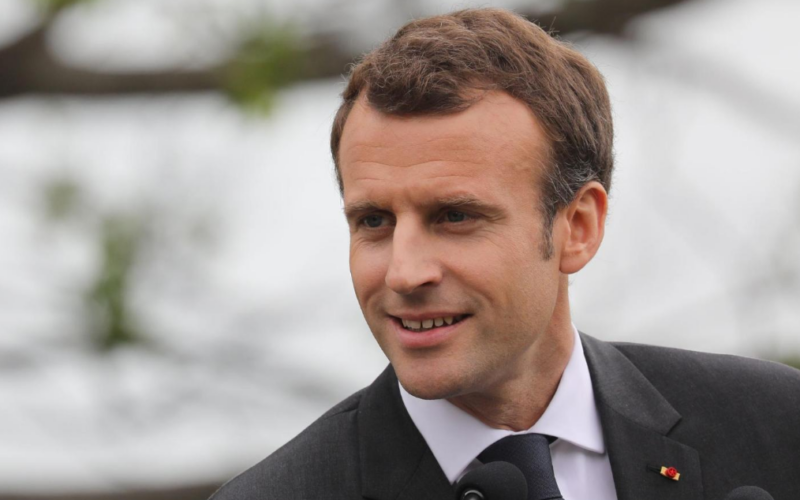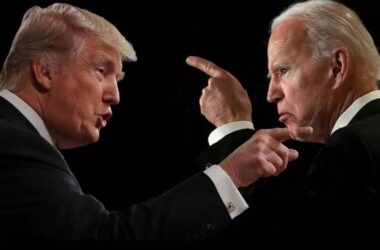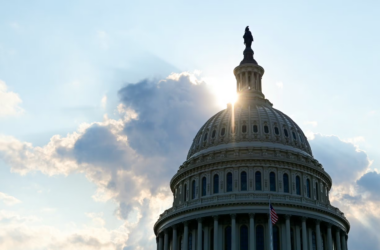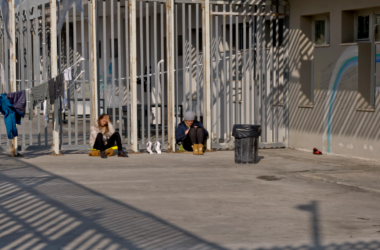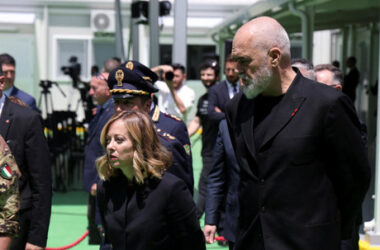In a significant diplomatic move, French President Emmanuel Macron has announced his intention to finalize a bilateral security agreement with Kyiv during his upcoming visit to Ukraine next month. The statement, made during a press conference in Paris, underscores France’s commitment to assisting Ukraine in maintaining its defense capabilities and safeguarding its airspace.
President Macron emphasized that France is actively engaged in finalizing a comprehensive deal with Ukraine, demonstrating the nation’s dedication to bolstering the Eastern European country’s defenses and financial stability over the long term. Macron’s commitment comes after recent efforts by various European leaders to reinforce their support for Ukraine amid escalating tensions, particularly in the aftermath of British Prime Minister Rishi Sunak’s visit to Kyiv last week.
In addition to the proposed security agreement, Macron announced concrete measures to enhance Ukraine’s military capabilities. France is set to deliver 40 Scalp long-range missiles and “several hundred” bombs to Ukraine in the coming weeks. This move aligns with the broader international response to Russia’s ongoing air strikes on Ukraine, with European partners facing increasing pressure to augment their military assistance.
Macron’s announcement follows British Prime Minister Rishi Sunak’s visit to Kyiv, during which a bilateral security deal was signed, accompanied by a pledge of €3 billion in military aid over the next two years. With Russia’s relentless air strikes persisting and U.S. aid seemingly stalled in Congress, European leaders are under heightened pressure to reinforce their commitments to Ukraine’s defense.
Earlier this month, German Chancellor Olaf Scholz issued a stark call to fellow EU countries to step up their military support for Ukraine. He deemed the planned arms deliveries thus far as “too small” despite Germany’s commitment to doubling its military aid to Kyiv to €8 billion this year. The Kiel Institute’s analysis of military aid contributions revealed Germany as the second-highest donor in 2023 after the U.S., followed by the U.K., Nordic, and Eastern European nations. Notably, France, Italy, and Spain were reported to have made comparatively smaller contributions.
Macron acknowledged that “new decisions in the weeks and months ahead” are necessary, hinting at potential discussions in Brussels to address a dispute over a €50 billion aid package to Ukraine. The evolving situation emphasizes the critical role European nations, including France, play in navigating the complexities of the ongoing crisis and shaping the collective response to support Ukraine’s security and stability.




